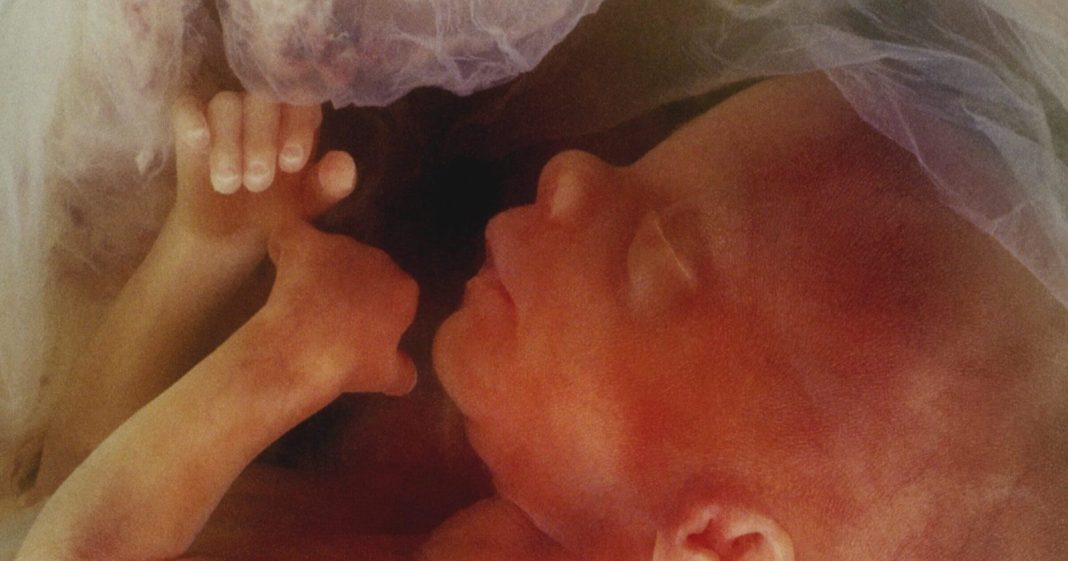Over 15 years ago, a revelation shocked the cosmetic industry and sparked a fierce ethical debate. The following report, originally published in November 2009, recounts a controversy that still resonates today.
Aborted fetus cells used in beauty creams
In 2009, a San Francisco-based cosmetics company, Neocutis Inc., found itself at the center of a storm after it was revealed that its anti-aging creams contained a surprising ingredient: skin-cell proteins derived from an aborted fetus. The disclosure ignited a widespread outcry, particularly among pro-life advocates, raising profound ethical questions about the sourcing and use of such materials in consumer products.
The ingredient was developed from the skin tissue of a 14-week-old male fetus, aborted at the University of Lausanne in Switzerland. According to Neocutis, the abortion was medically necessary as the fetus could not survive to term. The tissue, no larger than a postage stamp, was voluntarily donated by the parents and approved by the university’s medical ethics committee, adhering to Swiss regulations.
The watchdog organization Children of God for Life, headquartered in Murfreesboro, Tennessee, led the charge against Neocutis, calling for a complete boycott of the company’s products. The group, dedicated to monitoring the use of fetal materials in medical and cosmetic products, expressed outrage. Debi Vinnedge, the executive director, voiced a strong condemnation, stating, “There’s absolutely no justification for using aborted babies in skincare products. The public’s shock and anger have been overwhelming.”
Neocutis responded to the criticism by issuing a statement defending their use of Processed Skin Cell Proteins (PSP), the controversial ingredient. The company clarified that the fetal cell line was obtained responsibly and ethically, originally intended for treating severe dermatological injuries. Neocutis likened their use of fetal cells to historical medical advancements, such as the development of vaccines using fetal kidney cells, emphasizing the potential benefits in alleviating suffering and improving patient outcomes.
Neocutis assured the public that this single donation would suffice for their entire product line, which included luxury skincare items like Bio-Restorative Skin Cream and Lumiere Bio-Restorative Eye Cream. These products, marketed at premium prices—up to $120 for a one-ounce bottle—promise to rejuvenate skin, leveraging what the company described as the “unique properties” of fetal skin cells.
Despite the company’s transparency, critics remained unconvinced. Judie Brown, president of the American Life League, criticized the trivial use of aborted fetal parts in anti-aging creams, describing it as a stark reflection of society’s obsession with eternal youth and beauty. She argued that Neocutis’s application of these cells for cosmetic purposes was particularly troubling, given the availability of alternative, morally acceptable sources like postnatal placentas.
Vinnedge echoed these sentiments, arguing that the use of fetal tissue in cosmetic products crossed moral and ethical boundaries. She compared the practice to historical atrocities, emphasizing the need for moral accountability in both medical and cosmetic industries. Vinnedge also highlighted that the Neocutis website was remarkably forthright about the use of fetal skin cells, a rarity in an industry often shrouded in secrecy regarding ingredient sourcing.
The controversy highlighted a significant gap in consumer knowledge and regulatory oversight, as cosmetics in the United States were not required to disclose all their ingredients at the time. This transparency from Neocutis, while shocking to some, brought to light the ethical considerations consumers might want to take into account when purchasing skincare products.
Fifteen years later, the debate over the ethical use of fetal materials in products continues to provoke strong reactions. The 2009 Neocutis controversy serves as a stark reminder of the complex interplay between scientific advancement, ethics, and consumer choice. It also underscores the enduring importance of transparency and ethical considerations in the biotech and cosmetic industries, challenging both companies and consumers to reflect on the sources and implications of the products they use.


